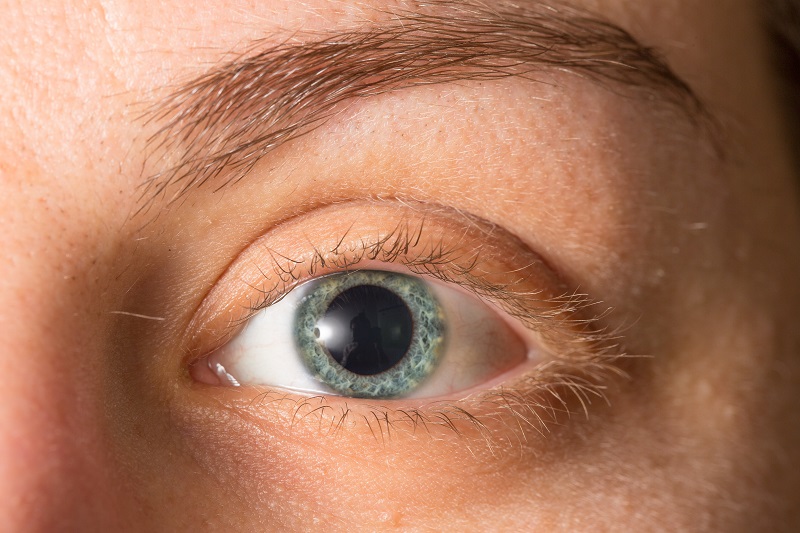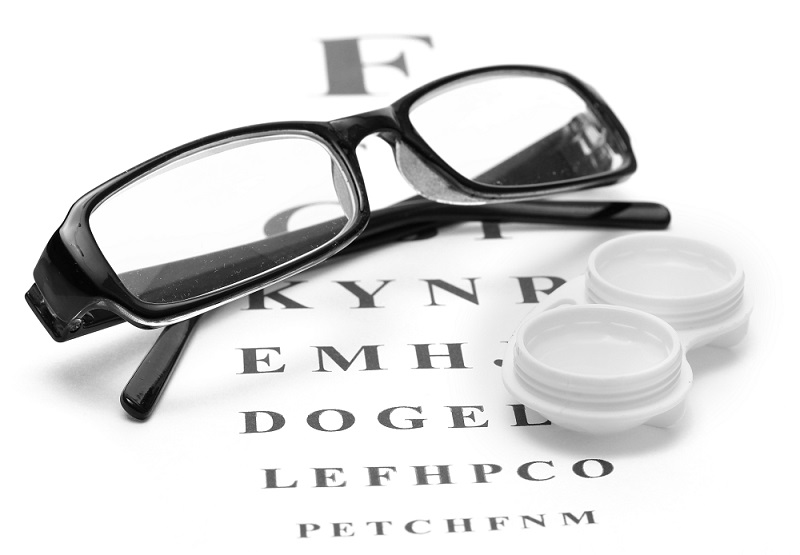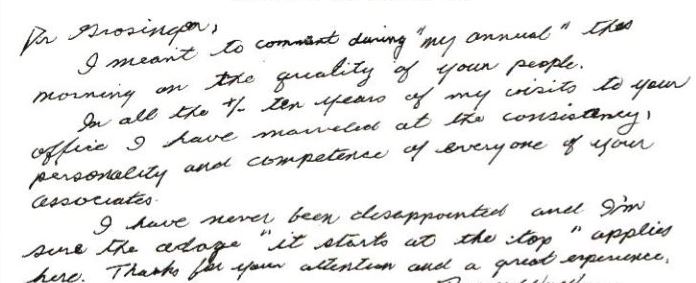
Eye dilation is an important part of your exam. This is usually done using eye drops that keep the eyes dilated for approximately 20 to 30 minutes. Patients with lighter color eyes may experience a longer duration before the effect wears off. Once applied, the drops cause the pupils to open fully.
Getting a Good Look Inside Your Eye
Dilated eyes allow your ophthalmologist to get a better look at what’s going on in your eye. They can identify problems that, if left untreated, could cause blindness, like a tumor or detached retina. They can also look for signs of eye diseases, including:
- Cataracts – A cataract is a cloudiness that forms on the eye lens. It causes vision problems and requires surgery to remove.
- Age-Related Macular Degeneration – AMD can be diagnosed by the presence of abnormal blood vessels and pigment or protein build up.
- Glaucoma – Glaucoma causes damage to the optic nerve over time. If untreated, it can cause permanent vision loss.
- Diabetic Retinopathy – Diabetic retinopathy includes blood vessels in the retina that swell, leak, or grow abnormally.
What Can I Do While My Eyes Are Dilated?
Dilated eyes don’t usually affect your ability to see at a distance. However, your pupils cannot control how much light enters your eye, which can make glare a problem. This may mean it is unsafe to drive unless you wear sunglasses to help manage the glare.
You may not be able to return to work right away if you need to see things that are close to your face, so it is best to schedule your appointment accordingly.
Contact Grosinger, Spigelman & Grey located in Bloomfield Hills to book an appointment with one of our top ophthalmologists.






